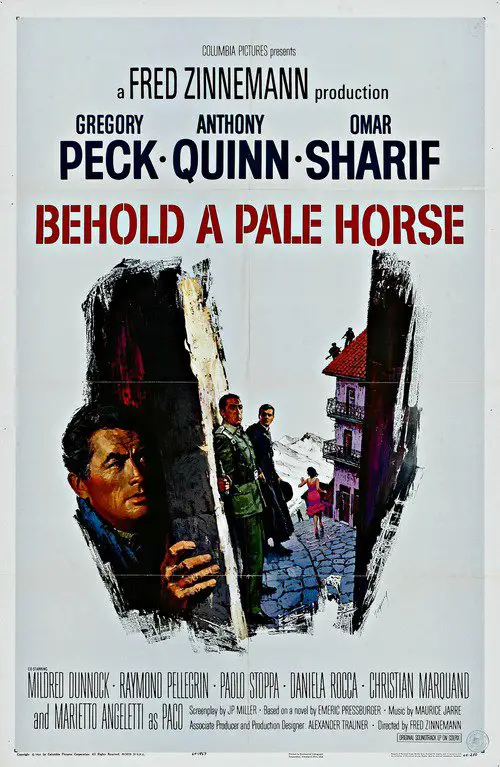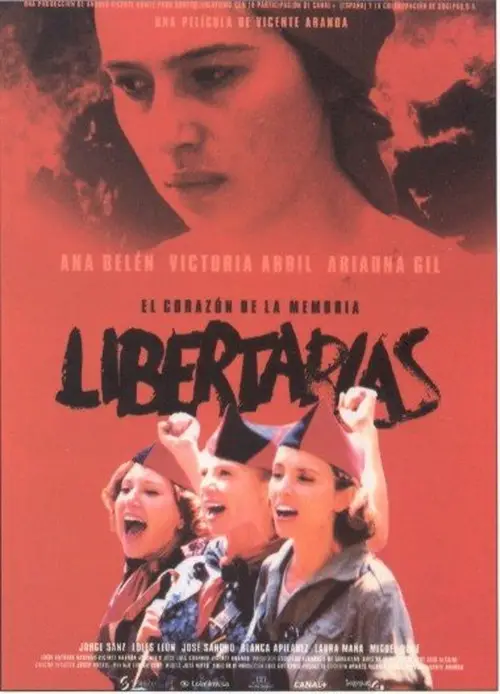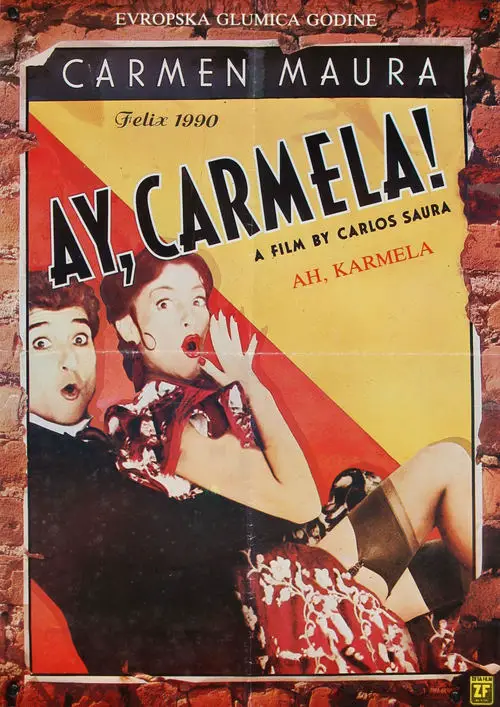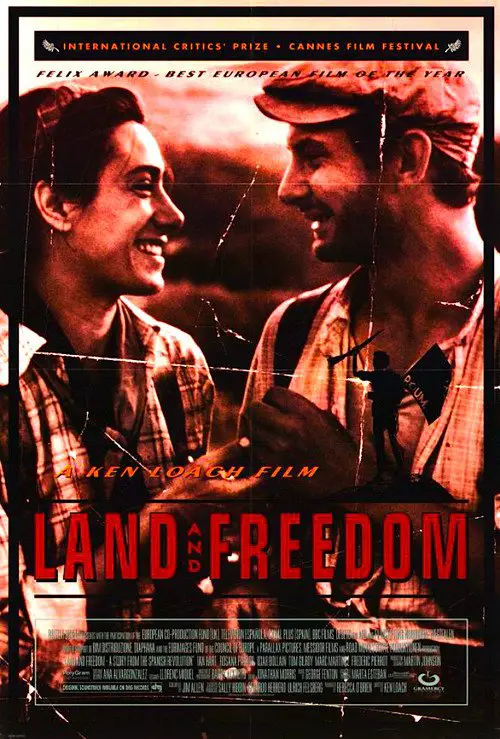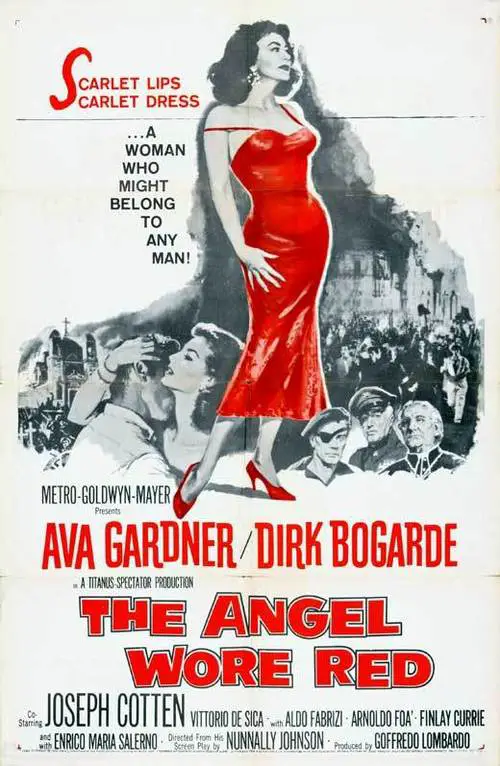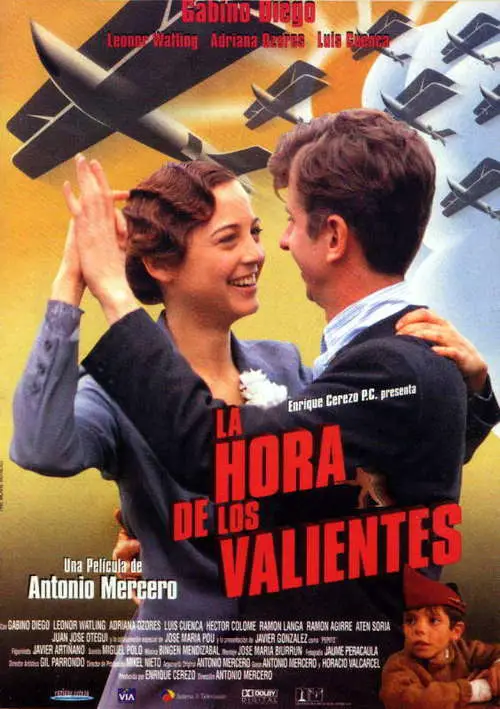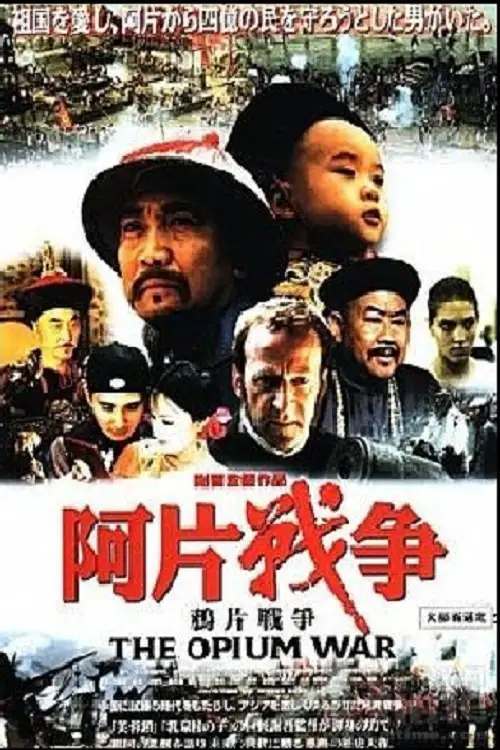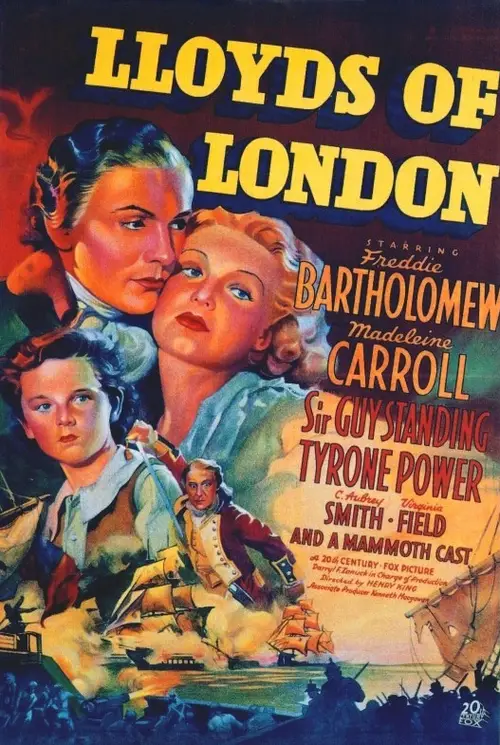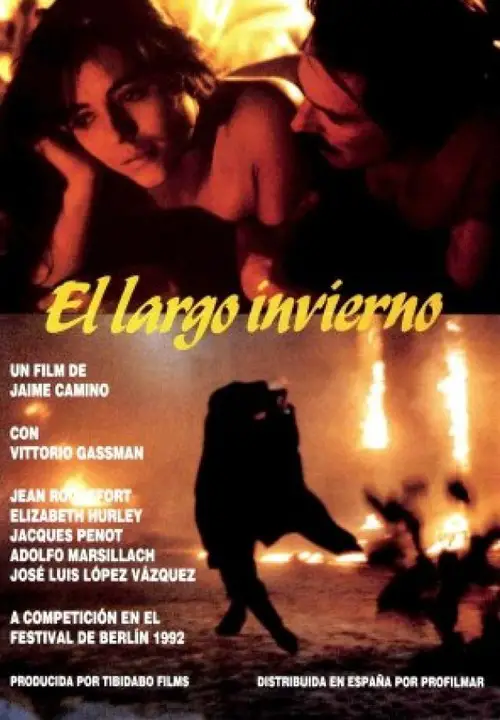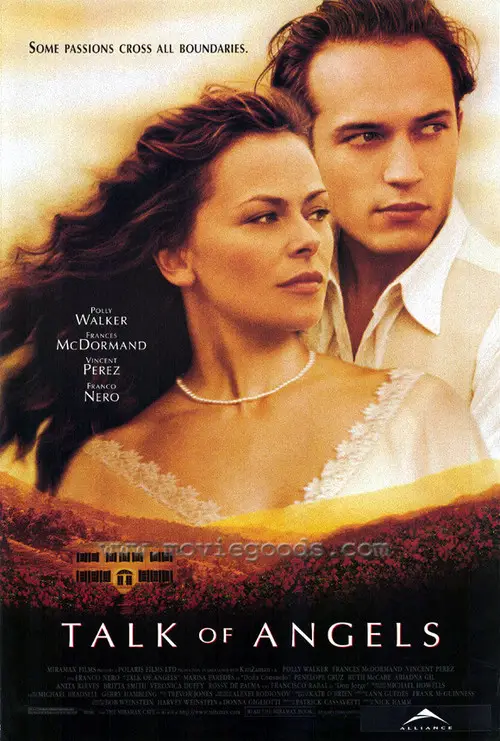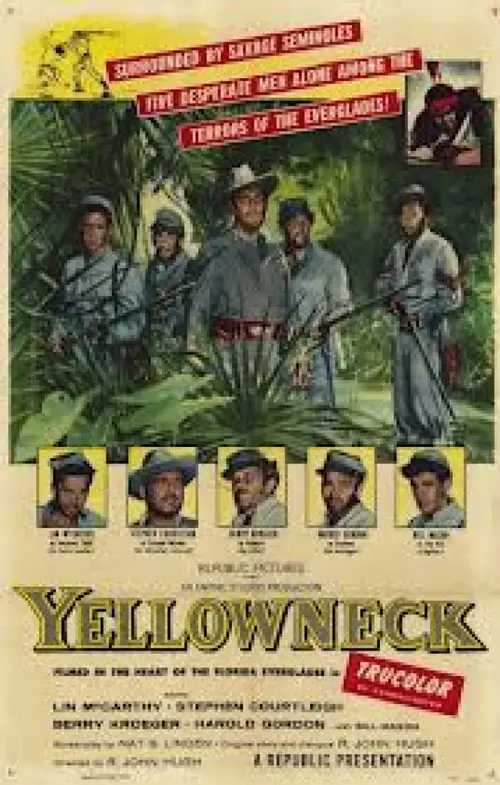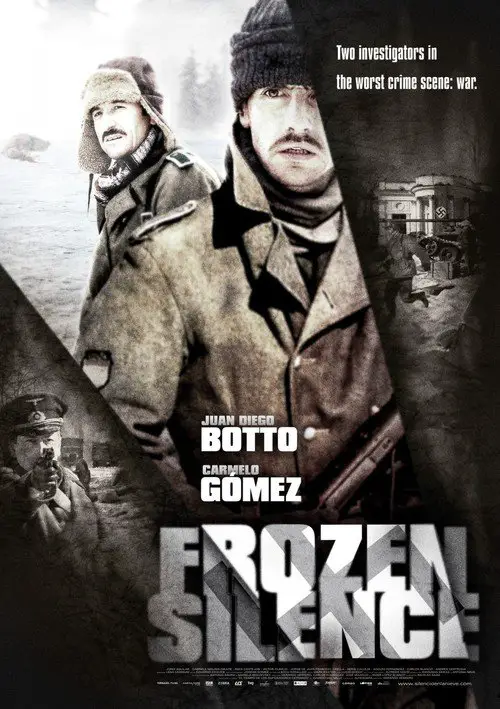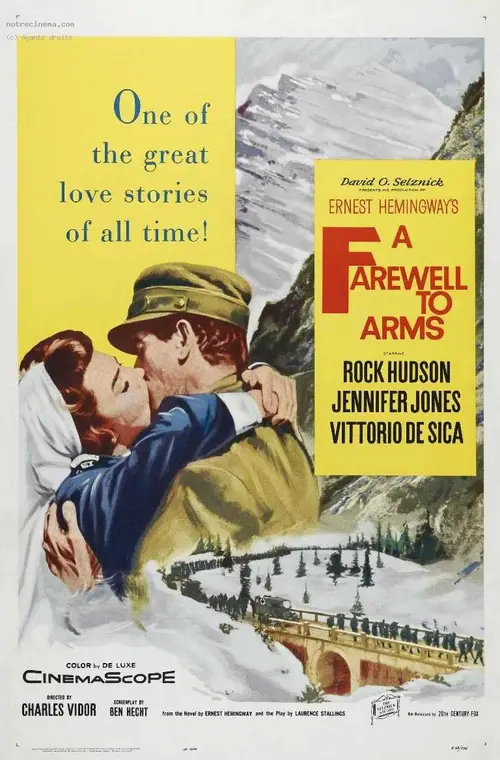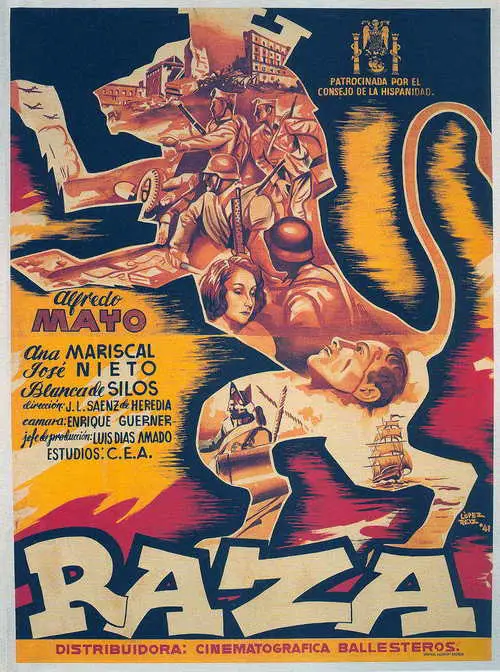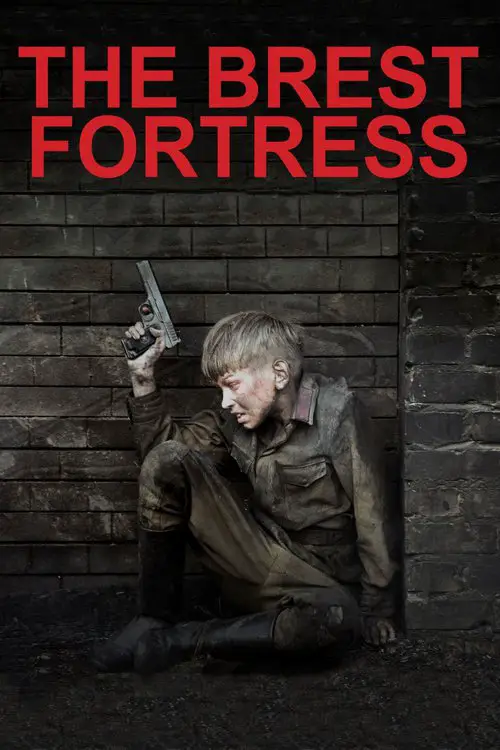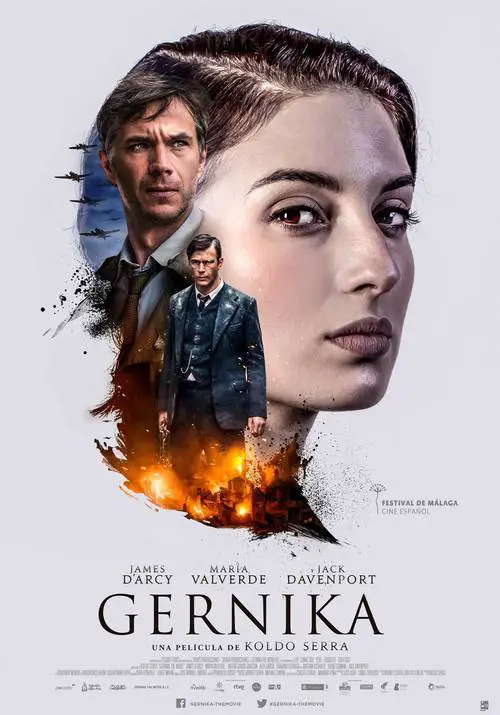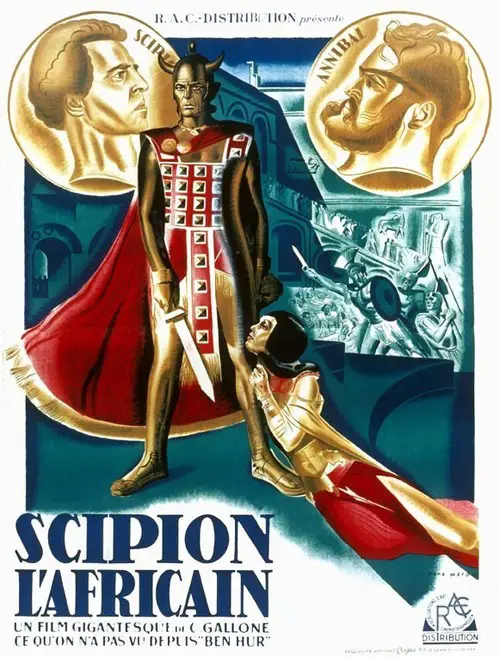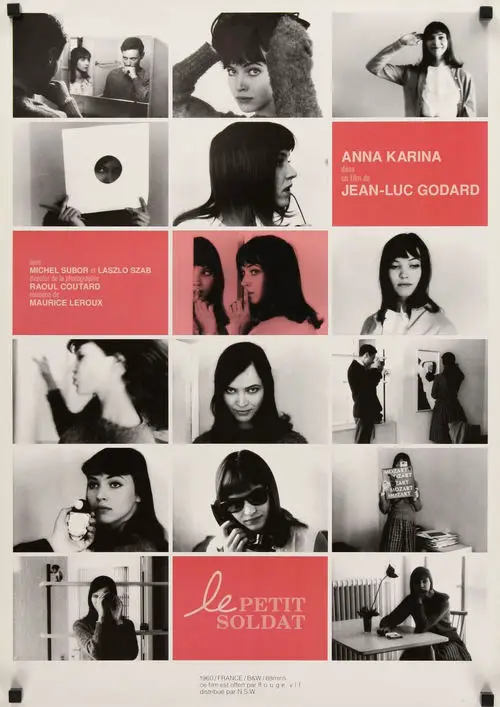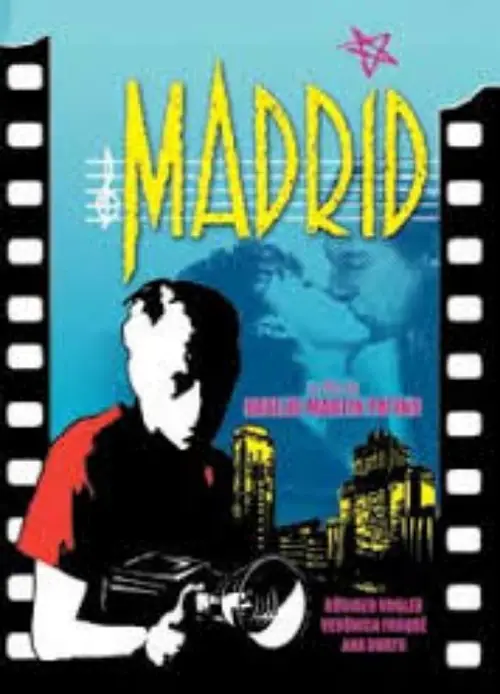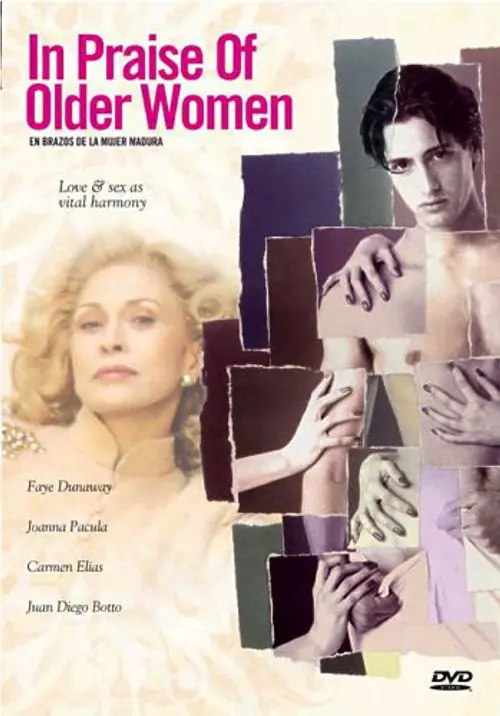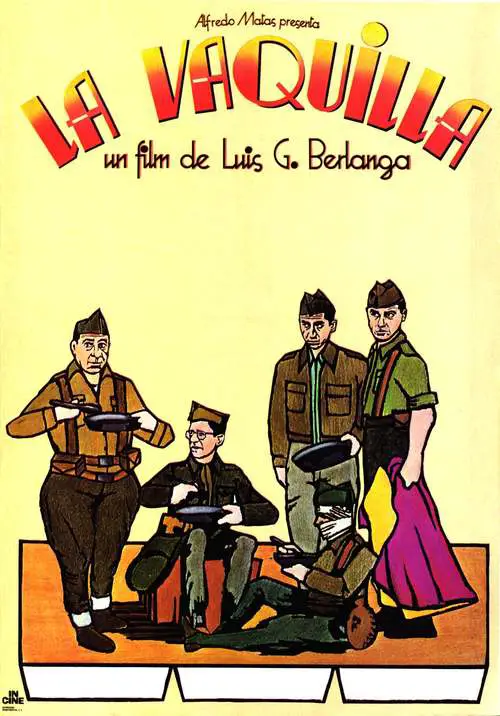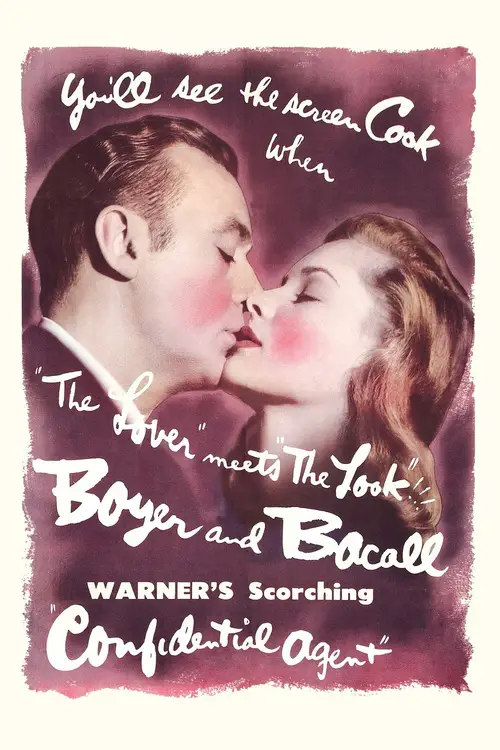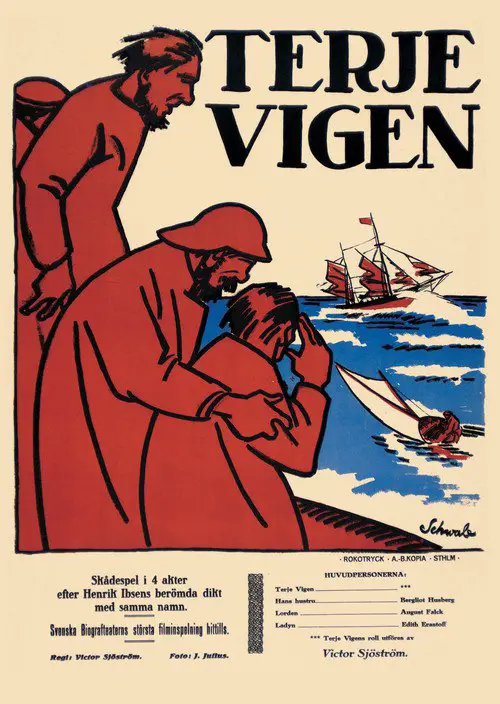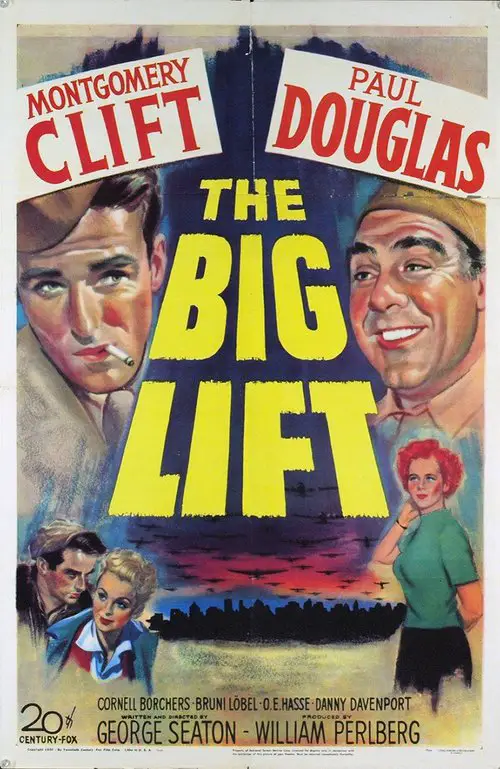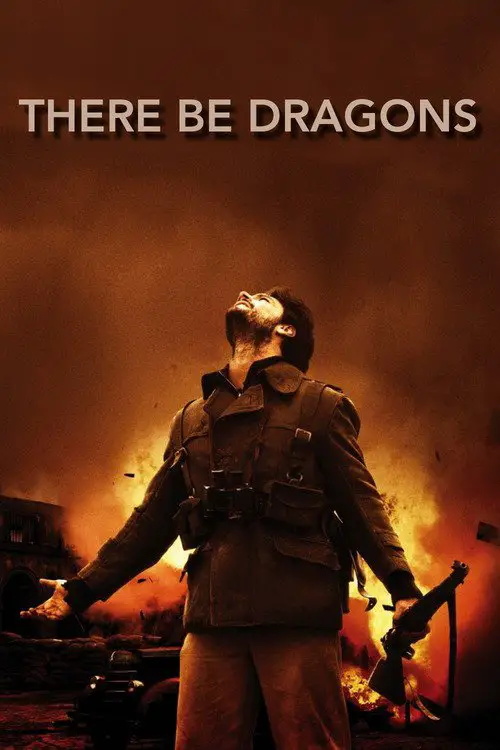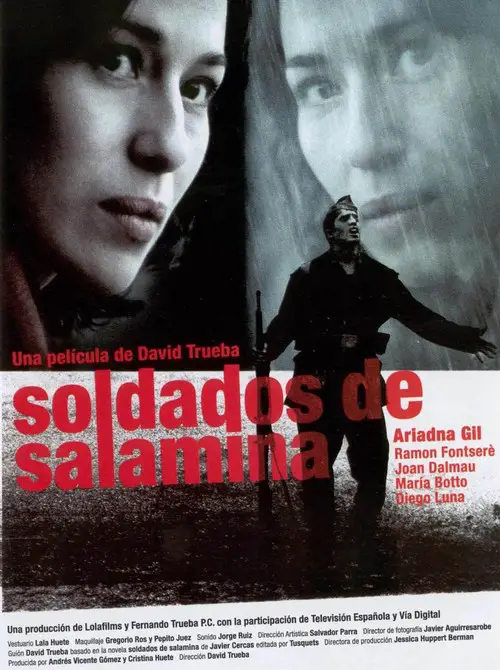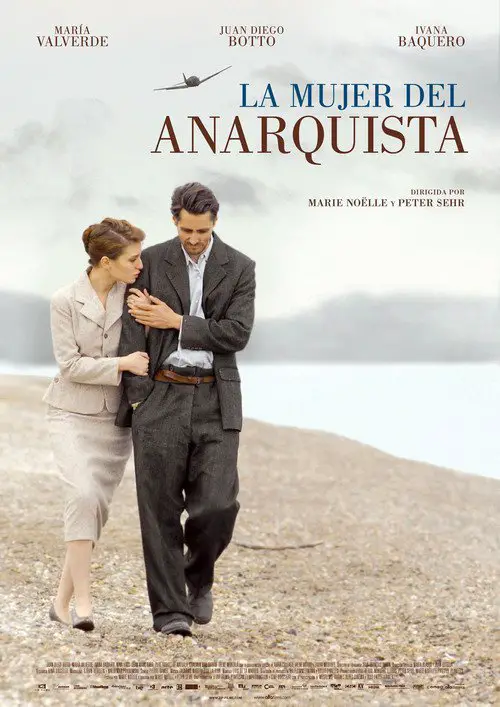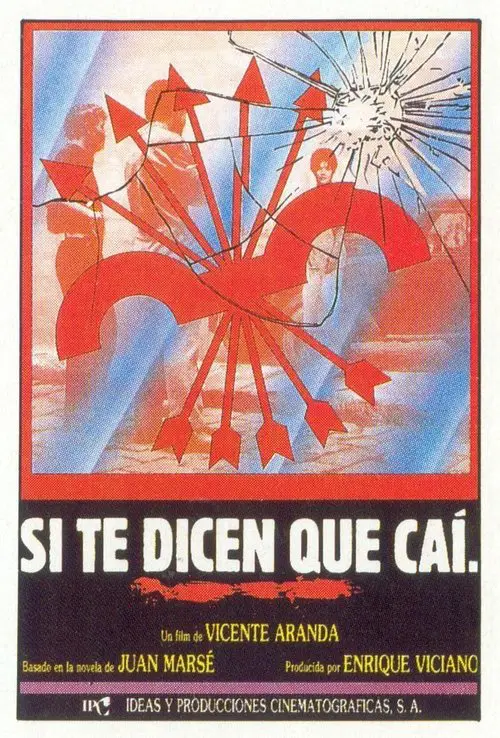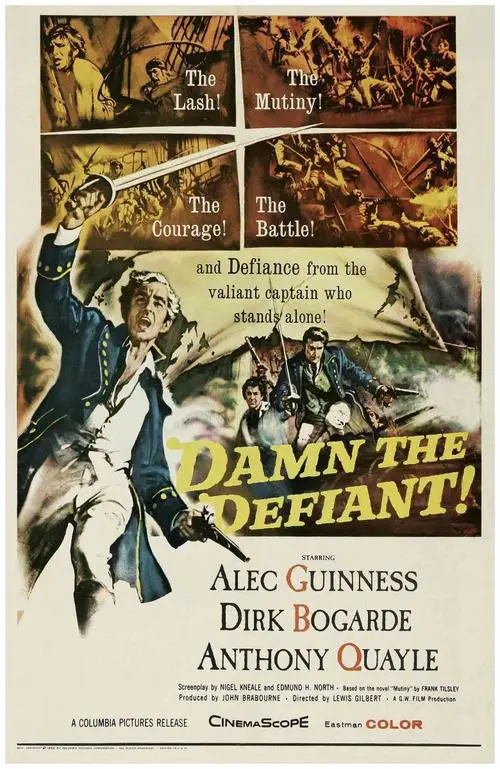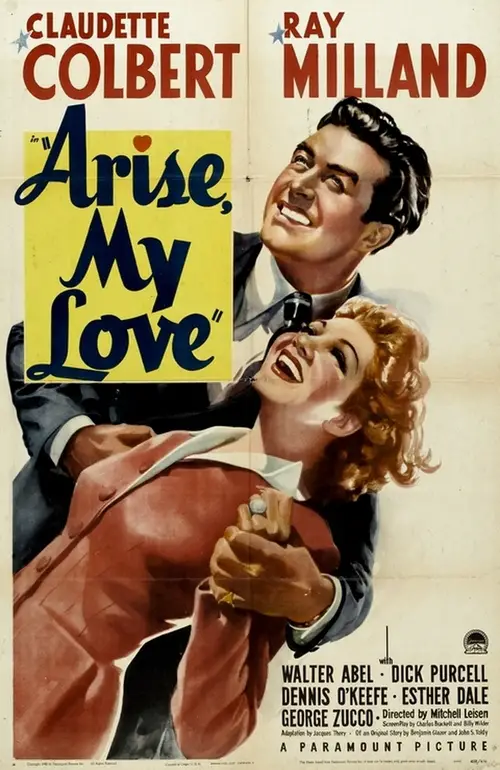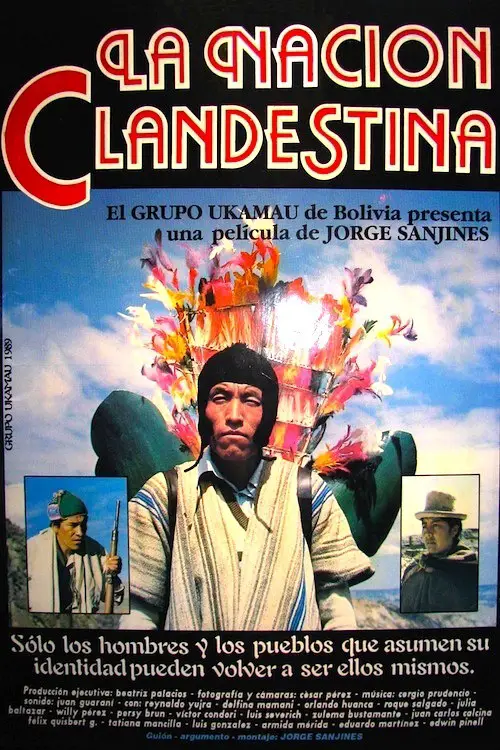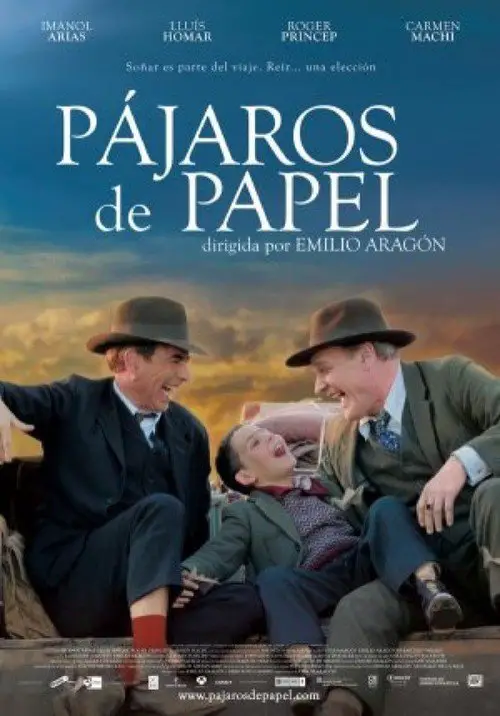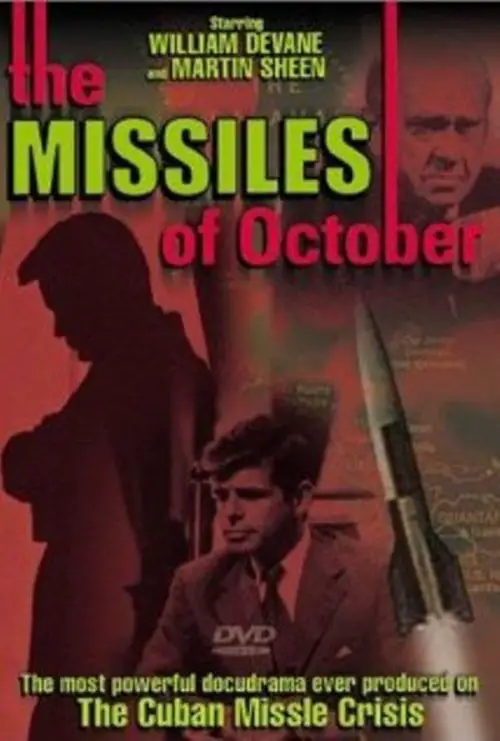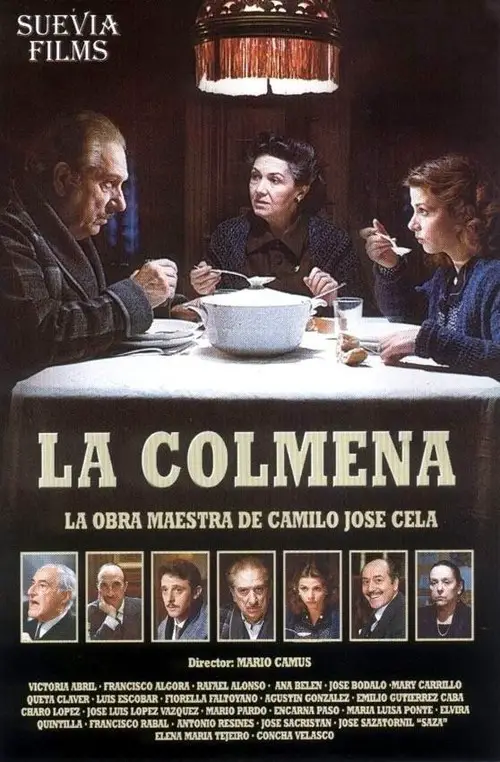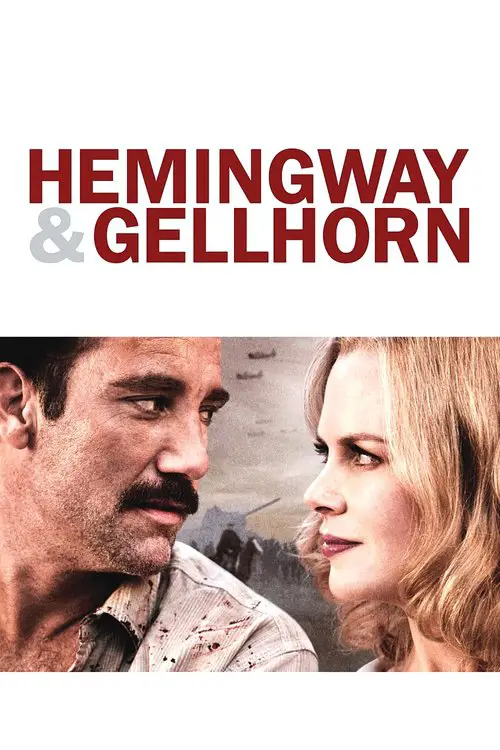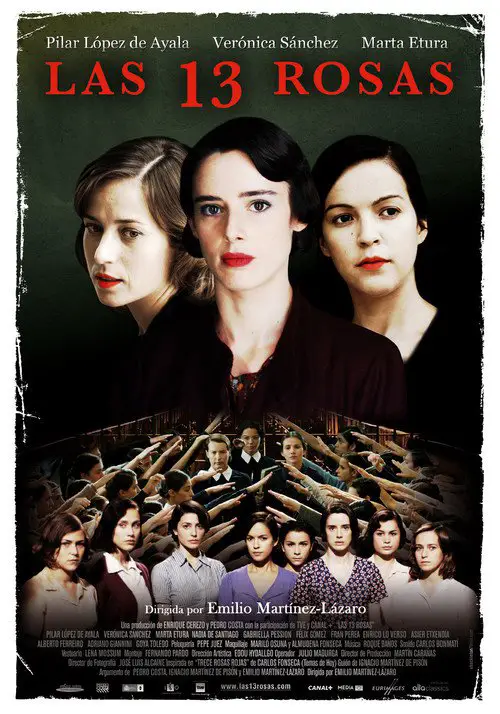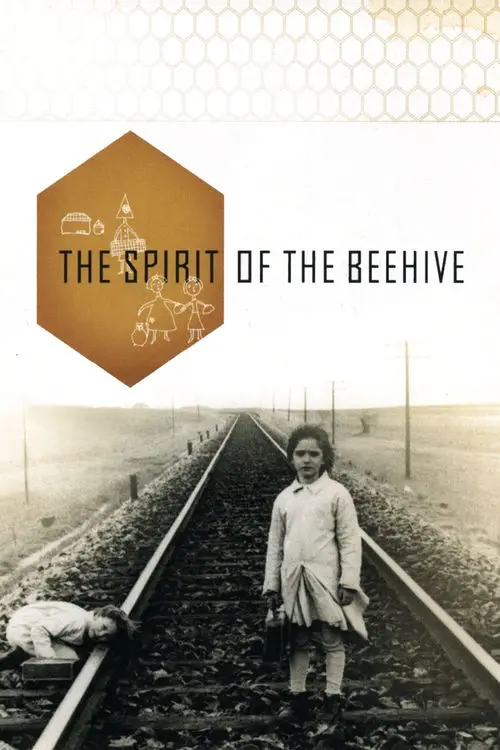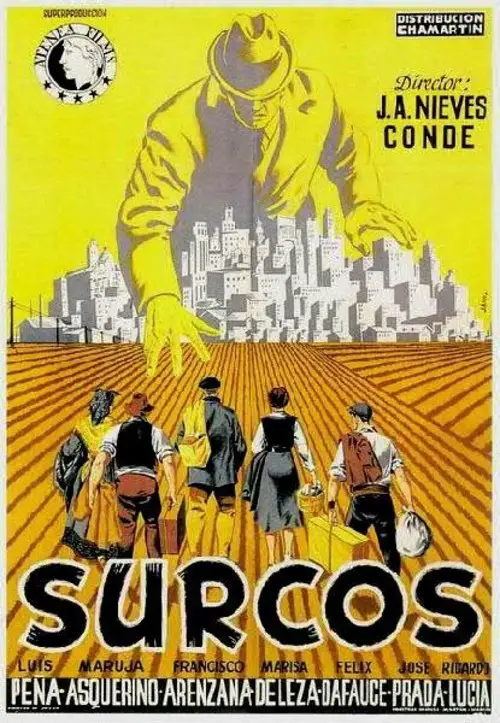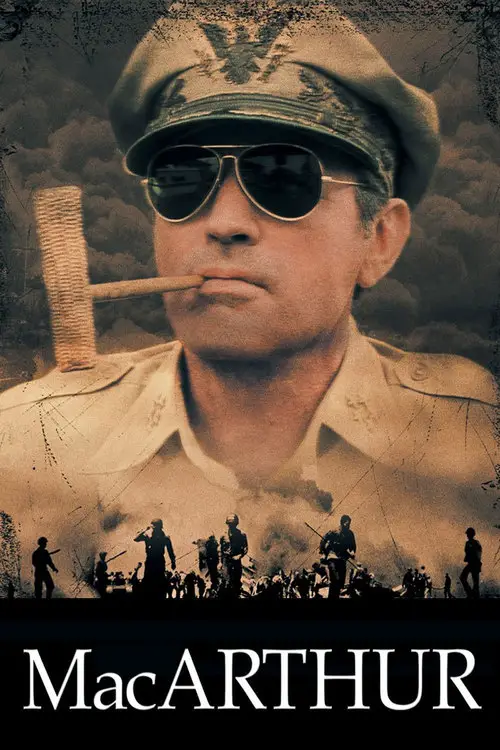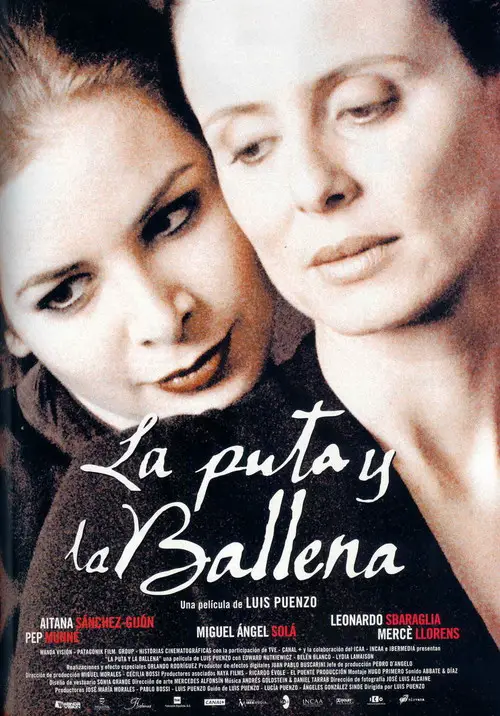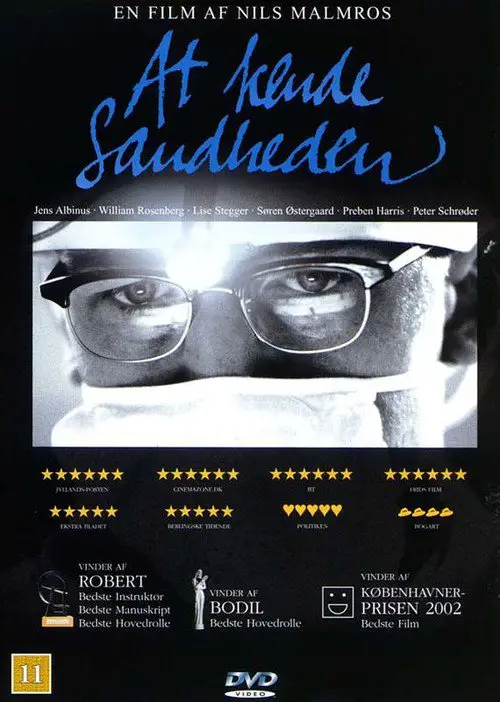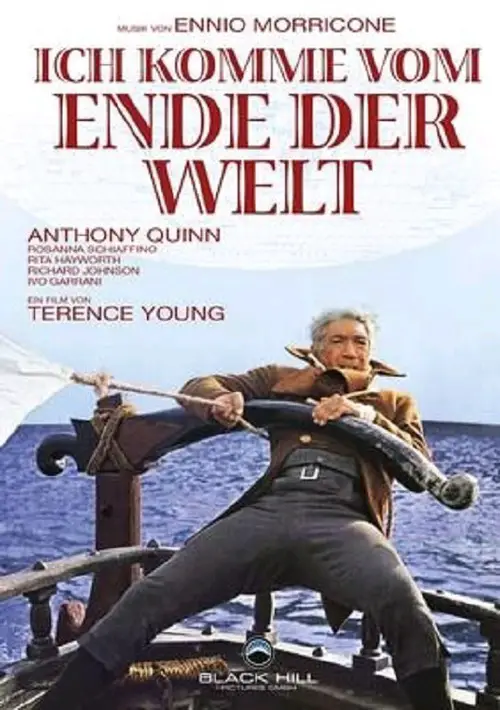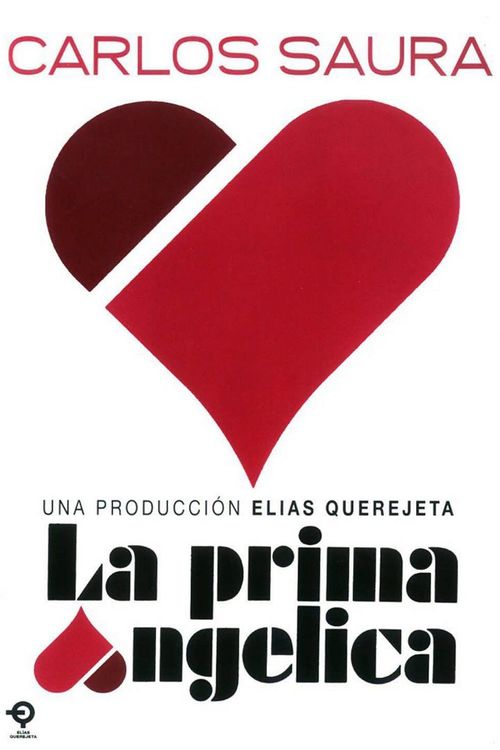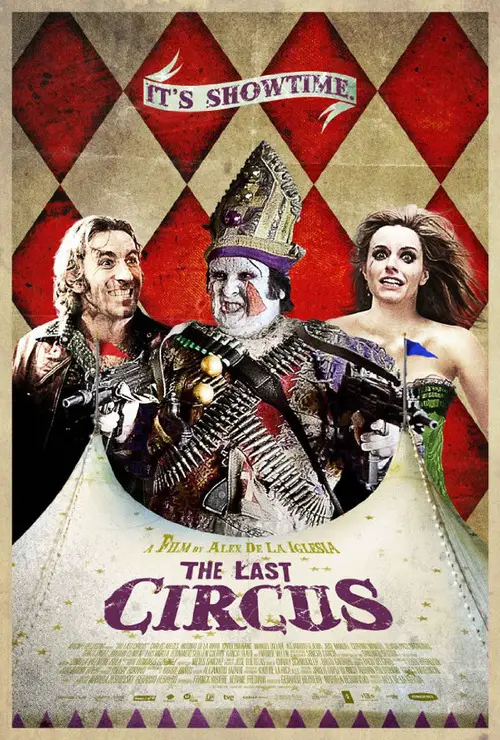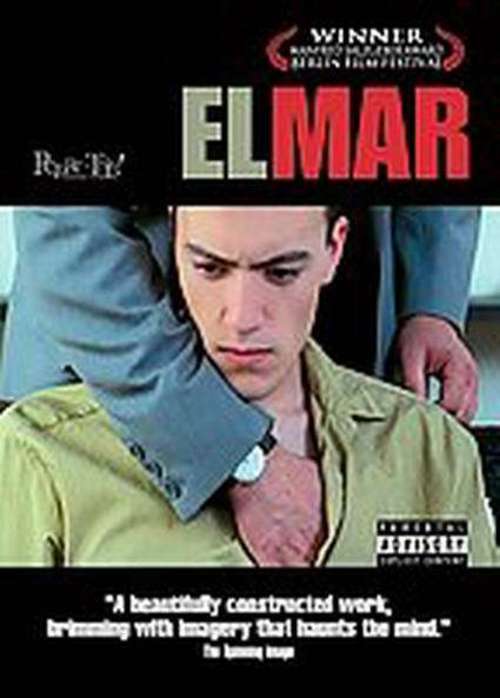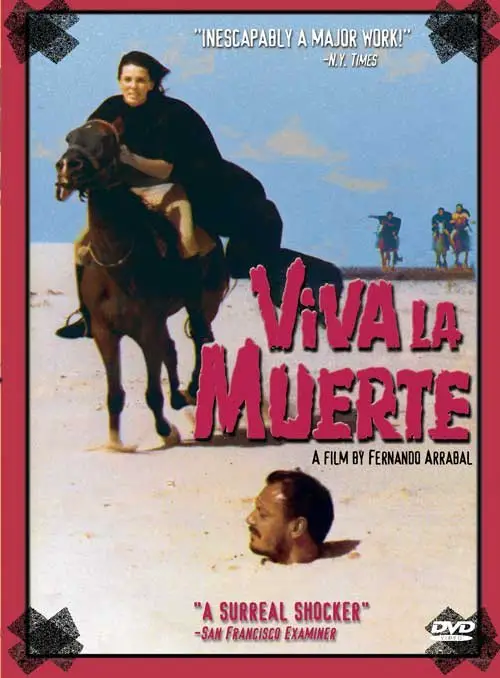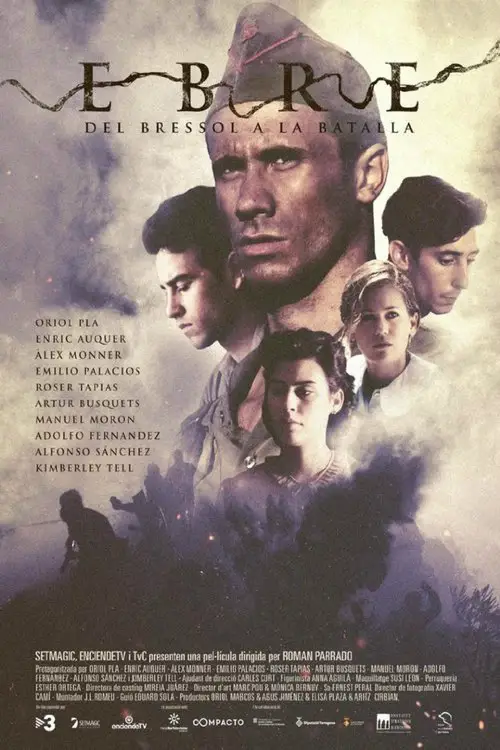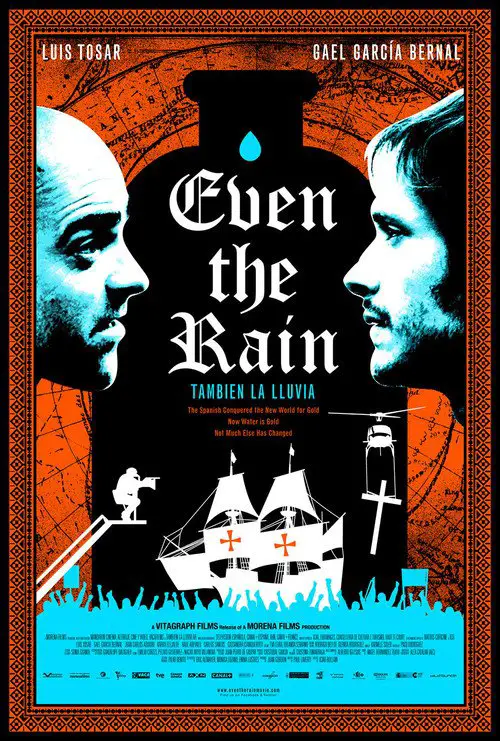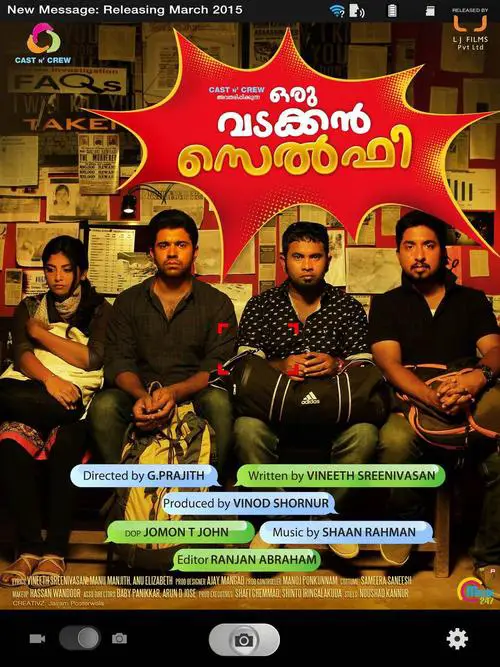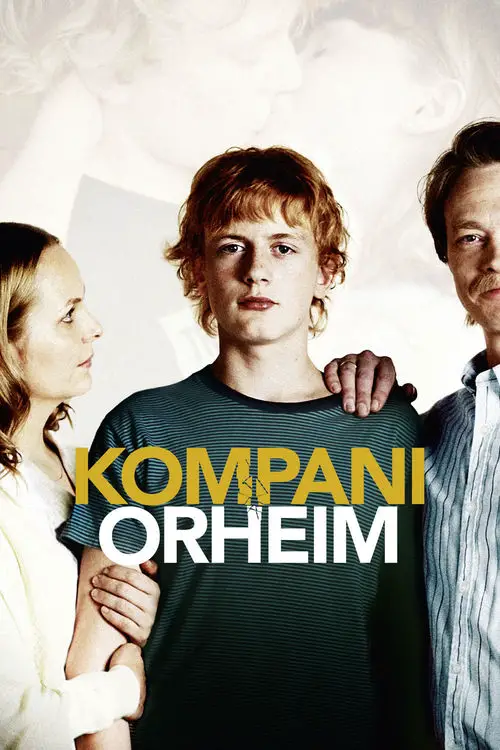Blockade (1938)
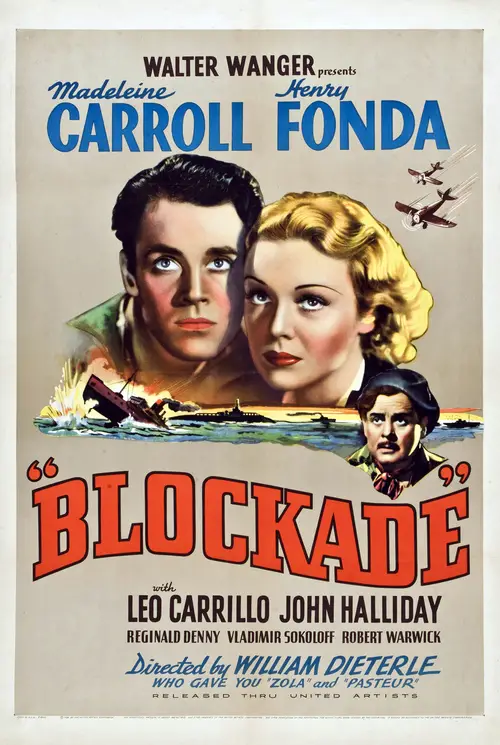
Similar movies
Manuel Artiguez, a famous bandit during the Spanish civil war, has lived in French exile for 20 years. When his mother is dying he considers visiting her secretly in his Spanish home town. But his biggest enemy, the Spanish police officer Vinolas, prepared a trap at the hospital as a chance to finally catch Artiguez.
At the outbreak of the Spanish Civil War, the nun Maria is forced to flee her convent. She takes refuge in a brothel, until it is liberated by a woman's anarchist group. Maria joins the group and eventually goes to the front. The women's group faces the problems of fighting not only the nationalists, but also factions on the left seeking to impose a more traditional military structure. Written by Brian Rawnsley
Paulino and Carmela are husband and wife, troubadours touring the countryside during the Spanish Civil War. They are Republicans, and with their mute assistant, Gustavete, they journey into rebel territory by mistake. They are arrested, fear a firing squad, and receive a reprieve from an Italian Fascist commander who loves the theatre. He arranges a performance for his troops, bargaining with Paulino to stage a burlesque of the republic in exchange for the actors' freedom. Will the fiery and patriotic Carmela consent?
The movie narrates the story of David Carr, an unemployed worker and member of the Communist Party of Great Britain. In 1936 he decides to fight for the Republican side in the Spanish Civil War, an anti-fascist coalition of liberals, communists and anarchists. Similar to George Orwell's experiences documented in Homage to Catalonia, he joins the POUM worker militia and witnesses first hand the betrayal of the Spanish revolution by the Stalinists, loyal only to the dictat of Moscow.
After the Spanish Civil War breaks out, the Prado Museum is being evacuated. One of the guards finds a painting by the master, Goya, and takes it to prevent damage to the work of art. In the interim, he meets a young lady with whom he falls in love. Assisted by her and her family members, the soldier attempts to save Goya's masterpiece intact amidst the war and violence.
In 1939, Ramon (Jacques Penot) was a young man, caught up in his Barcelona family's involvement on the Republic side in the brutal Spanish Civil War. He and his family fled into exile ahead of Franco's troops. Now it is many years later, and he has come back to see how his old homestead fared in the intervening years. The only person he can find who is able to remember those years clearly is his family's old butler Claudio (Vittorio Gassman). This film is a sequel to the 1975 film by director Jaime Camino, Largas Vacaciones del 36.
This is the story of a young Irish woman who comes to Spain to escape from the pressures she feels about her impending marriage to a political activist in Ireland. But in Spain in the 1930's, taking a job of governess in a wealthy family, she finds the same kinds of political unrest. In fact, it isn't long before she finds herself attracted to a married man who is similarly involved in the struggle against fascism and Franco. This awakens her to her nature that brings her to such men and resolves for her what she must do about the life she left in Ireland
A disgraced Confederate Colonel who has deserted his command flees to the Everglades where he encounters a disparate group of four other Southern deserters. Together they struggle to find their way out of the swamp and resolve their own personal demons under the eyes of hostile Seminoles as they battle to survive the elements and each other.
A group of Spanish refugees try to organize protests from France. Their network is under constant threat by the police and some of them have recently been arrested. The main character (played by Yves Montand) dedicated his whole life to the battle but he feels forever estranged. He doesn't find his place nor in his adoptive country (France) nor in love.
But this film is not about the story, it's all about style. Alain Resnais has an original approach in this film and this is the thing that makes this film worth watching.
1943. In the midst of World War II, a serial murderer appears in the Blue Division, volunteer body of Spanish soldiers who fought on the Russian front with German troops. After finding the body of a Spanish soldier who has been stuck in the shoulder and has a knife inscription ("Look at God looking at you"), an investigation is initiated by the soldier in charge Arturo Andrade (Juan Diego Botto ), police inspector who takes the job with precision and professionalism, aided by Sergeant Estrada (Carmelo Gómez). They begin to suspect that behind this murder dark secrets of the past are hidden .
A Farewell to Arms is a 1957 American drama film directed by Charles Vidor. The screenplay by Ben Hecht, based in part on a 1930 play by Laurence Stallings, was the second feature film adaptation of Ernest Hemingway's 1929 semi-autobiographical novel of the same name. It was the last film produced by David O. Selznick.
The theme is the founding of the state of Israel. The action begins on a ship filled with Jewish immigrants bound for Israel who are being off loaded on Cyprus. An Intelligence officer succeeds in getting them back on board their ship only to have the harbor blocked by the British with whom they must negotiate. The second part deals with declaring independence and the resulting warring.
When in 1941 Nazi Germany invaded the Soviet Union, their troops quickly besieged Leningrad. Foreign journalists are evacuated but one of them, Kate Davies, is presumed dead and misses the plane. Alone in the city she is helped by Nina Tsvetnova a young and idealist police officer and together they will fight for their own survival and the survival of the people in the besieged Leningrad. Written by Marcio Eduardo
During the Algerian war for independence from France, a young Frenchman living in Geneva who belongs to a right-wing terrorist group and a young woman who belongs to a left-wing terrorist group meet and fall in love. Complications ensue when the man is suspected by the members of his terrorist group of being a double agent.
Hans, a German director, is in Madrid to film a television production about the capital and the Civil War, 50 years after it occurred. Accompanied by LucÃa, his editor, and Goyo, his cinematographer, he films shots of the modern city, searching for spaces and people related to its past. At the same time, he views materials related to the past. In this search, Hans questions the point of his project, and disagrees with his producers until he discovers a project that he is passionate about.
A platoon of mismatched republican soldiers cross the front-line to steal the bull that the enemy is going to fight on the saint patron date of the village. In addition to ruining the nationals' celebration they want the animal in order to butcher it and feed their famished troops. They get caught in the procession and have to go through a series of funny and pathetic incidents before they can get back to their side. Written by Mary Solari
Arising out of the horror of the Spanish Civil War, a candidate for canonization is investigated by a journalist who discovers his own estranged father had a deep, dark and devastating connection to the saint's life.While researching the life of Josemaria Escriva, the controversial founder of Opus Dei, the young journalist Robert uncovers hidden stories of his estranged father Manolo, and is taken on a journey through the dark, terrible secrets of his familyâs past.
When the professor and writer Lola Sánchez is assigned to write a column in the newspaper about the Spanish Civil War, she researches and finds for the first time about the shooting of Rafael Sánchez Mazas. Lola has lost her passion for writing, and she becomes intrigued about Rafael, who was a writer and journalist that returned to Spain from the Italy of Mussolini and founded the fascist party Spanish Falange, becoming advisor of the leader Jose Antonio Primo de Rivera. When the lefts won the election in 1936, the Falange became illegal, and later there was a military coup d'stat. Rafael miraculously escaped from the shooting and was spared by an unknown soldier. Lola decides to write a book about the historic event and to disclose the identity of the unknown soldier.
"The Anarchist's Wife" is the story of Manuela who is left behind when her husband Justo fights for his ideals against Franco's Nationalists during the Spanish Civil War. He is deported to a concentration camp, and upon his release, continues the fight against nationalism in the French resistance. Years, pass without a word from him, but his wife never gives up hope of seeing him again.
The film centres on Moncho and his coming-of-age experience in Galicia in 1936. Moncho develops a close relationship with his teacher Don Gregorio who introduces the boy to different things in the world. While the story centres on Moncho's ordinary coming-of-age experiences, tensions related to the looming Spanish Civil War periodically interrupt Moncho's personal growth and daily life.
In the post Spanish civil war years, Catalan kids would sit in circles among the ruins and tell stories, known as "aventis" (the film's original title in Catalan, its original language). These tales mix war stories, local gossip, comic book characters, fantasy and real events. The "aventis" told in this film are told in flashback. In the mid 80s, 45 or so years after the age of the "aventis," a doctor and a nurse-nun (who grew up together, and now are co-workers in a hospital) identify the corpse of one of the main characters of the "aventis" of their childhood and adolescence. Besides the interesting flashbacks - a chronical of the Civil War in a "typical" Barcelona microcosm itself, the discovery of this body (belonging to someone long presumed dead) leads to other surprises and unresolved doubts, several decades later.
In 1939, American Tom Martin, who fought in the Spanish Civil War, awaits execution at the hands of the Fascist victors when reporter Augusta 'Gusto' Nash, for a scoop, aids him in an audacious escape. Of course, Tom tries to romance Gusto; but though she likes him, her career comes first, and Tom himself prefers freedom-fighting to settling down. Comedy becomes drama as their mixed feelings lead them on a circuitous path through the deepening chaos and catastrophe of the early days of World War II.
In this Bolivian story, a man remembers his life while on a journey which will help him expiate his sins and which will result in his death. The focus on the story is on a man who has betrayed everyone he knows. He is planning to perform an ancient ritual dance which will end with his life being taken. He journeys from where he was living back to the village where most of the people he wronged still live. As he journeys, carrying his distinctive dance costume, his story is told in flashbacks. Once he gets there, he gets involved in the affairs of the villagers once more. ~ Clarke Fountain, Rovi
Jorge and Enrique are two artist in the post Spanish Civil War times that adopt an orphan child called Miguel. With a varieté company that travel around the country, Jorge and Enrique see the horrors left by the war meanwhile the Republic Army watch Jorge and the rest of the company suspecting that some of them collaborate with the rebels opposite to the Francoist Regime.
As in the novel of the same title from Camilo Jose Cela, "La Colmena" is a sad composition with the stories of many people in the Madrid of 1942, just the postwar of the spanish civil war. The main theme of the film is the contrast between the poets, surviving close to misery under the Franco's regime, and the winners of the war, the emerging class of the people that makes easy money with illegal business.
In the aftermath of the Spanish Civil War, Ana, a sensitive seven-year-old girl in a rural Spanish hamlet is traumatized after a traveling projectionist screens a print of James Whale's 1931 "Frankenstein" for the village. The youngster is profoundly disturbed by the scenes in which the monster murders the little girl and is later killed himself by the villagers. She questions her sister about the profundities of life and death and believes her older sibling when she tells her that the monster is not dead, but exists as a spirit inhabiting a nearby barn. When a Loyalist soldier, a fugitive from Franco's victorious army, hides out in the barn, Ana crosses from reality into a fantasy world of her own.
In his new film, an intriguing and delicately crafted drama, Malmros portrays the poignant story of a man, who grew up in very modest circumstances in the early years of the 20th century, but whose diligence, intelligence and willingness to endure hardship helped him to become a leading brain surgeon. A success story on the face of it, but a story about a man - who is none other than the director's father - a man of powerful emotions. The film explores the nature and origin of the guilt that repeatedly deprived him of happiness.
After losing his father, 10-year-old Carlos arrives at the Santa Lucia School, which shelters orphans of the Republican militia and politicians, and is taken in by the steely headmistress, Carmen, and the kindly professor, Casares. Soon after his arrival, Carlos has a run-in with the violent caretaker, Jacinto. Gradually, Carlos uncovers the secrets of the school, including the youthful ghost that wanders the grounds.
When the single middle-aged Luis travels from Barcelona to bury the remains of his mother in the vault of his family in Segovia, he is lodged by his aunt Pilar in her old house where he spent his summer of 1936 with her. He meets his cousin Angelica, who was his first love, living on the first floor with her husband and daughter, and he recalls his childhood in times of the Spanish Civil War entwined with the present.
At the end of the Spanish civil war, Fando, a boy of about ten, tries to make sense of war and his father's arrest. His mother is religious, sympathetic to the Fascists; his father is accused of being a Red. Fando discovers that his mother may have aided in his father's arrest. Sometimes we witness Fando imagining explanations for what's going on; sometimes we see him at play, alone or with his friend Thérèse. Oedipal fantasies and a lad's natural curiosity about sex and death mix with his search for his mother's nature and his father's fate. Will Fando survive the search?
In 1938 the Spanish Civil War has worn both armies and destroyed the mood of the people of both sides. The differences between national Republicans however are revealing: The fascist side has the unconditional support of arms and men facilitated by Hitler and Mussolini while the Republican army is ignored by a Europe more concerned of a possible World War than the fate of Spain. Thousands of young people between 17 and 18 rows are called by the republican army. These are the main characters, four young for whom the Battle of the Ebro will be the first direct contact with the war. This film tells the story of these young people forced to leave behind innocence and into whistling bullets.
Focuses on Sebastian and Costa, obsessive filmmakers who, in their quest to uncover the myth of Christopher Columbus and resistance to colonial power by Indian rebel Hatuey, ultimately end up embroiled in a modern revolt against Western multinationals in the Bolivian "water wars" brought on by the forced privatization of Bolivia's leading public water companies in 2000.
Jarle is 24 when a phone call rouses him from his drunken sleep. It is his mother, telling him that his father is dead. Instead of sadness, Jarle is filled with anger and a sense of relief. Based on Tore Renbergâs bestselling novel, The Orheim Company is a strong, human tale about a boy growing up with an alcoholic father, but also an energetic story about teenage lust, pain and passion â about liberation and redemption. The Orheim Company will be the last chapter in the trilogy about Jarle Klepp, which started with The Man Who Loved Yngve and I Travel Alone.
© Valossa 2015–2026
| Privacy Policy
